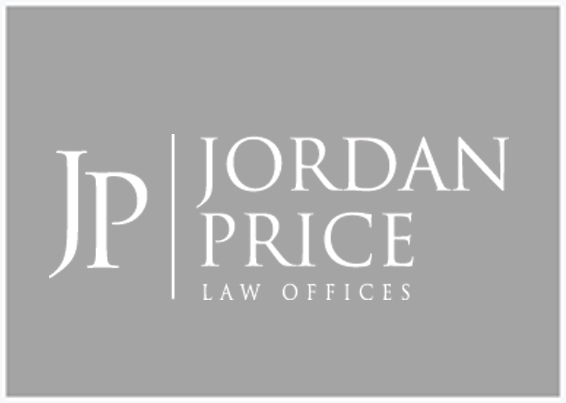The Court of Appeals has overturned a judgment in favor of a Haywood County developer who sued property owners for collection of assessments. The plaintiff was a developer in the Lake Junaluska development and brought suit against certain individual lot owners within the Lake Junaluska development. Some of the defendant lot owners’ deeds contained restrictive covenants which granted the developer the right to assess for certain service charges. When the defendants refused to pay the relevant assessments, plaintiff brought suit. The defendant owners argued that the restrictive covenants did not specifically set out an affirmative obligation to pay any money to the developer or anyone else. The trial court disagreed and entered judgment in favor of the developer.
On appeal, the Court of Appeals cited a line of appellate cases dating back to 1980 which held that covenants that impose affirmative obligations on property owners are strictly construed and unenforceable unless the obligations imposed are “in clear and unambiguous language” and “sufficiently definite” to assist courts in their application. Applying this line of cases, the Court of Appeals ruled that the restrictions in this case were not “reasonable” and “sufficiently definite.” As a result, the Court of Appeals reversed the trial court’s ruling in favor of the developer. Unique to this decision was the fact that this case involved a developer and not a homeowners’ association seeking to use the assessments sought to be collected.
